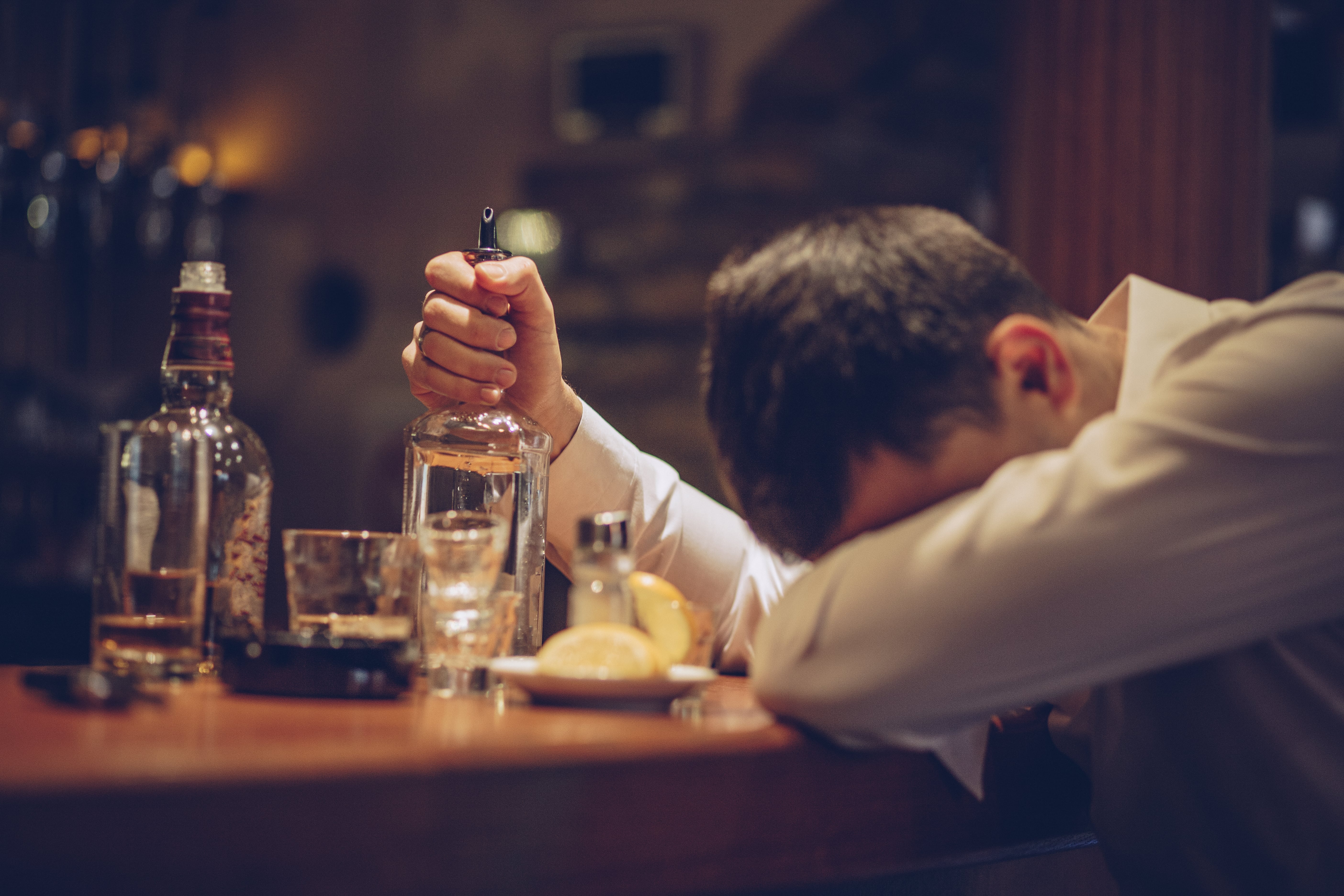What is the link between anger and alcohol?
Find out about the link between alcohol and anger, and the things you can do to stop getting aggressive when you’ve had a drink.
Find out about the link between alcohol and anger, and the things you can do to stop getting aggressive when you’ve had a drink.



Alcohol can cause different emotional responses in different people. Some people become chatty and confident when they’ve had a drink. Others can crave intimacy and closeness with other people. Alcohol can make some people more emotional than usual, causing them to cry more easily.
However, for some, alcohol can cause anger and aggression, which can become a real problem. Those struggling with anger management issues can become unpredictable and unsafe, and even the smallest issues can cause them to lose their temper.
Here, we explore why some people get angry when they’re intoxicated and provide tips on how to stop being aggressive when you’ve had a drink. We’ll also look at the best ways to deal with a drunk person if you’re ever on the receiving end of an alcohol-fuelled outburst.
The effects of alcohol on our brains and bodies can be significant. These changes not only affect us physically, but can have an impact on our thoughts and behaviours. Drinking alcohol can result in:
Alcohol reduces your inhibitions and your ability to control your impulses. This means that when you’ve had a drink, you can find it more difficult to resist the urge to act angrily, with little thought for the consequences. The urge to lash out might be sudden and forceful, and you may find it hard to control your anger.
Alcohol impairs your judgement, decision making and problem solving abilities, due to affecting the chemicals in your brain. These impairments can make it seem as though anger is the only response in certain situations, instead of being able to explore other, more reasonable reactions. It can also lead you to make poor choices, such as reacting aggressively instead of calmly.
It might also cause you to misread situations, resulting in you getting angry when you'd normally be calm and rational. For example, if someone accidentally bumps into you at the bar, you might misinterpret this as an act of aggression, causing you to become confrontational and angry. If you were sober, you might be able to look at this logically instead, and accept it may have just been an accident.
Alcohol can also reduce feelings of empathy. This means that after having a drink, some people may be less able to see things from another person’s point of view. They may have less tolerance and patience for others, which can lead to angry outbursts.
As well as the above, there are a number of risk factors that might make someone more likely to get angry when they’re drunk. These include:
In addition, men are more likely than women to become angry or aggressive when they’ve had a drink.
If someone has raised concerns over your drinking behaviours and anger issues, or if you’ve started to worry that alcohol might be a problem for you, now might be the time to change your drinking habits.
You can find tips on how to cut back on alcohol here.
While the above tips can help, the most effective way to ensure that you’re not getting aggressive when under the influence of alcohol is to cut back on your drinking or take steps to give it up completely. Not only will this mean you’re more able to keep your anger under control, but it'll also result in numerous other health benefits.
At Priory, our residential alcohol addiction treatment programmes have been specifically designed to help you to overcome your dependence on alcohol and get back on track. We offer a medically assisted alcohol detox, where we can help you to manage your withdrawal symptoms as you stop drinking, as well as intensive addiction therapy to help you change your behaviours.
It’s important to remember that trying to get a drunk person to see reason can be pointless because drinking causes the part of the brain that’s involved in this (the pre-frontal cortex), to stop functioning correctly.
If you’re on the receiving end of a drunken, angry outburst, there are a number of things you can do to manage the situation effectively and keep yourself safe:
Be aware that telling someone to calm down may antagonise them further. Try to validate/acknowledge what they're saying (you don’t have to agree with them), affirm you will talk about this later (but saying “when you have sobered up” could inflame the situation even more), and then try to make a safe exit when you can. This means that you’re not feeding into, justifying or trying to combat the person’s anger, or emotionally engaging with someone who isn’t able to think reasonably.
Are you worried that your partner drinks too much? If someone you’re close to has a drinking problem and tends to gets angry when they’ve had a drink, you can read more about the dos and don’ts of dealing with an alcoholic partner.
